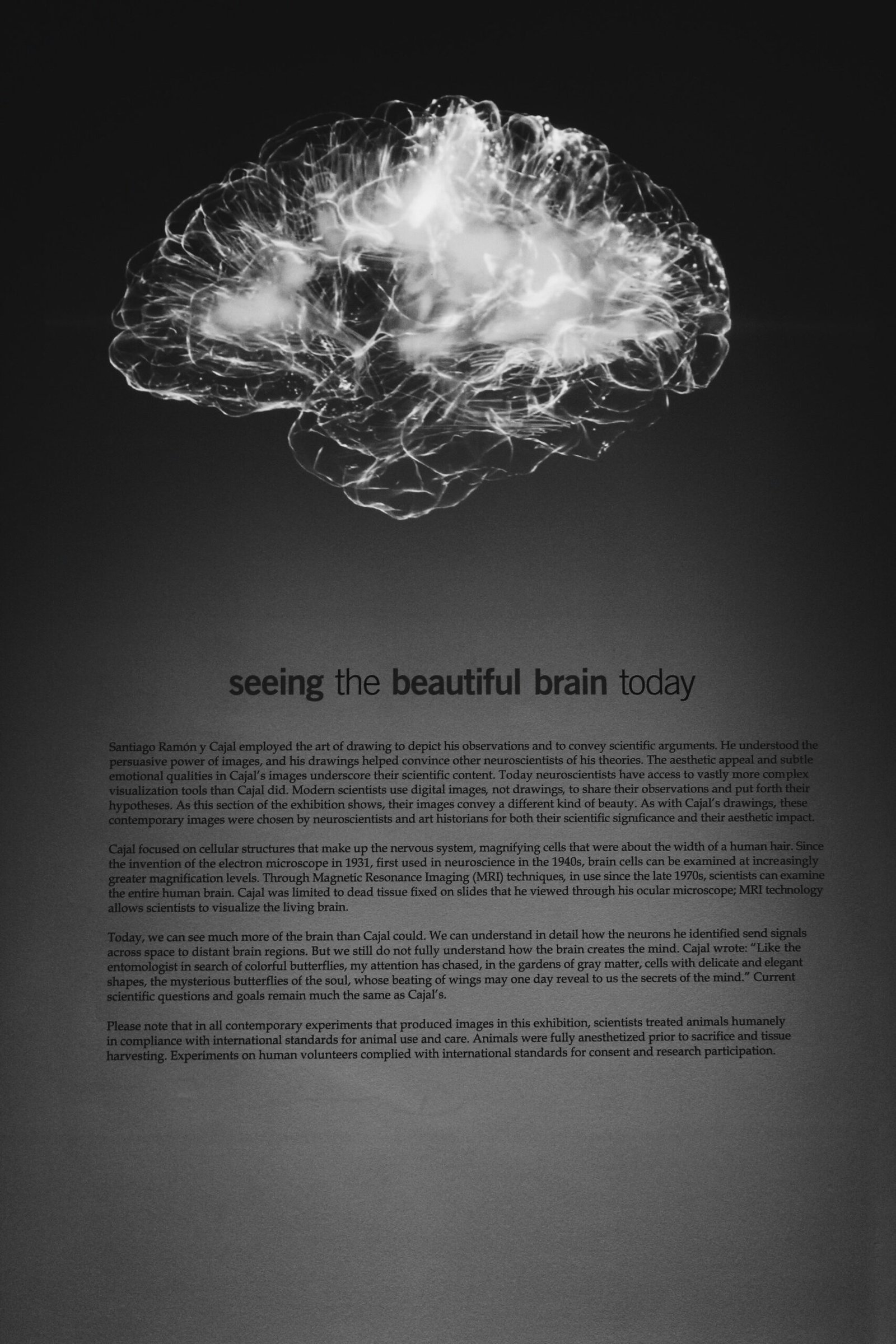Understanding the Fascinating World of Neuroscience

Neuroscience is a captivating field that explores the intricate workings of the human brain and nervous system. It encompasses various disciplines, including biology, psychology, and chemistry, to unravel the mysteries of how our brains function and how they impact our thoughts, emotions, and behaviors.
The Basics of Neuroscience
At its core, neuroscience is the study of the nervous system, which includes the brain, spinal cord, and peripheral nerves. It seeks to understand the structure and function of these complex networks of cells and how they interact with each other and the rest of the body.
Neuroscientists use a range of techniques and tools to investigate the brain, including imaging technologies like MRI and EEG, as well as cellular and molecular techniques. By examining the brain at different levels of analysis, from the microscopic to the macroscopic, they can gain insights into its inner workings.
The Importance of Neuroscience
Neuroscience has far-reaching implications for various fields, including medicine, psychology, education, and even technology. By understanding how the brain functions, researchers can develop new treatments for neurological disorders, improve mental health interventions, enhance learning strategies, and create innovative technologies that interface with the brain.
For example, neuroscientists have made significant strides in understanding and treating conditions such as Alzheimer’s disease, Parkinson’s disease, and epilepsy. Their discoveries have paved the way for new therapies and medications that can improve the quality of life for those affected by these conditions.
Areas of Study in Neuroscience
Neuroscience encompasses a wide range of sub-disciplines, each focusing on different aspects of the brain and nervous system. Some of these areas of study include:
- Neuroanatomy: Examining the structure and organization of the brain and nervous system.
- Neurophysiology: Investigating the electrical and chemical processes that underlie brain function.
- Neuropsychology: Exploring the relationship between brain function and behavior.
- Neuropharmacology: Studying how drugs and medications affect the brain and nervous system.
- Cognitive neuroscience: Investigating the neural basis of cognition, including memory, attention, and perception.
The Future of Neuroscience
As technology continues to advance, so does the field of neuroscience. Researchers are now able to delve deeper into the brain’s complexities and unravel its secrets. Emerging technologies like optogenetics, brain-computer interfaces, and neuroimaging techniques are revolutionizing our understanding of the brain and opening up new possibilities for treatment and intervention.
Furthermore, the field of neuroscience is becoming increasingly interdisciplinary, with collaborations between neuroscientists, computer scientists, engineers, and other experts. This multidisciplinary approach allows for a more comprehensive understanding of the brain and the development of innovative solutions to complex neurological problems.
Conclusion
Neuroscience is a captivating and ever-evolving field that holds great promise for the future. By unraveling the mysteries of the brain, neuroscientists are paving the way for advancements in medicine, psychology, education, and technology. As our understanding of the brain continues to deepen, we can look forward to a future where neurological disorders are better understood and more effectively treated.







binance create account
January 31, 2024Your point of view caught my eye and was very interesting. Thanks. I have a question for you.
binance
January 31, 2024I don’t think the title of your article matches the content lol. Just kidding, mainly because I had some doubts after reading the article.